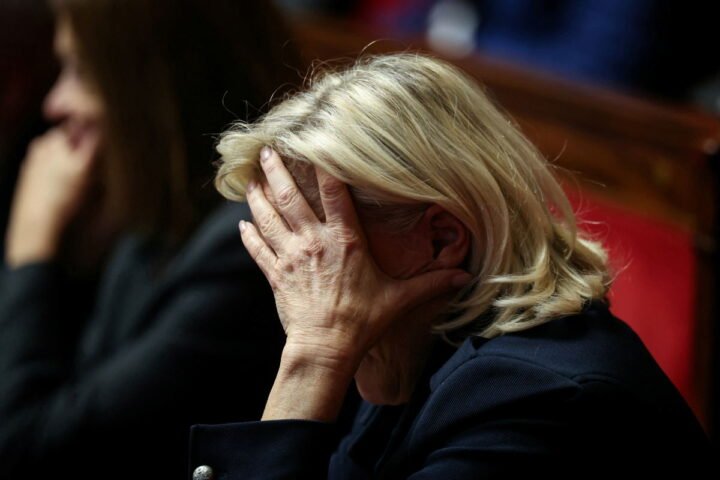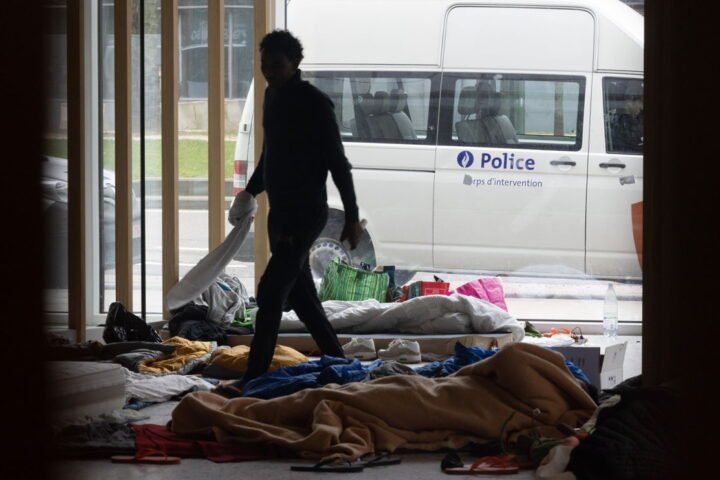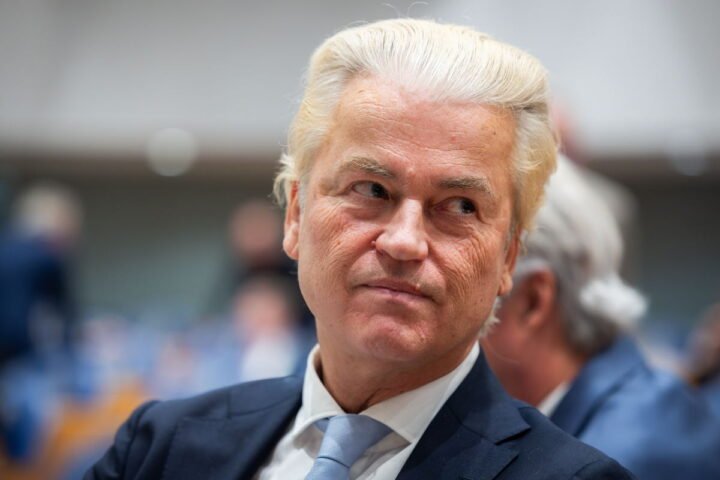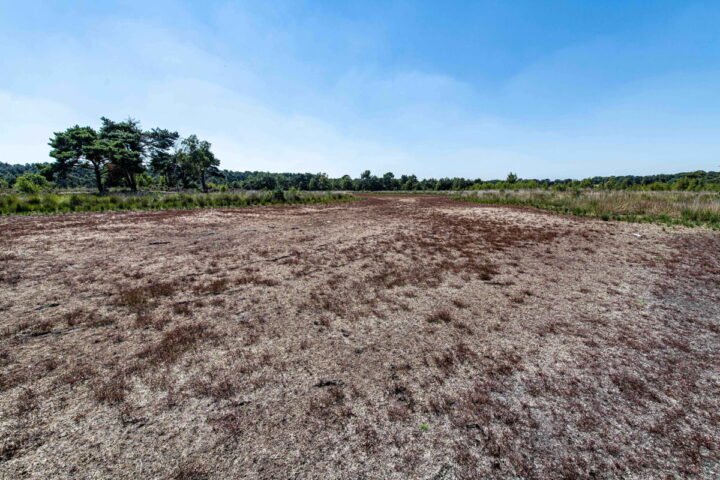Trump Moves Towards Ukraine Ceasefire Talks
U.S. President Donald Trump is reportedly preparing to meet with Vladimir Putin as early as next week, with the possibility of a tripartite discussion that will include Ukrainian President Volodymyr Zelenskyy. This initiative comes as Washington increases its efforts to facilitate peace negotiations in Ukraine, amid rising international pressure on Russia to reconsider its stance, reports 24brussels.
In his national address, President Zelenskyy noted that Russia seems “more inclined” toward a ceasefire, attributing this shift to escalating global demands for an end to hostilities. This development follows Trump’s announcement that his envoy, Steve Witkoff, had recently engaged in a fruitful dialogue with Putin in Moscow, just before a deadline for Russia to negotiate a settlement or face intensified sanctions from the United States.
European Commission President Ursula von der Leyen did not take part in discussions surrounding these talks. According to reports, Russia might offer to pause airstrikes in return for relief from sanctions, a move that could reshape the dynamics of the ongoing conflict.
In related news, Trump has also enacted a 25% tariff on certain goods from India. This action is viewed as a punitive measure against New Delhi for its continued purchase of Russian oil, which remains crucial for funding the Kremlin’s military operations.
Political Landscape Shifts
In Brussels, Maroš Šefčovič, the EU’s chief negotiator, is working on a trade agreement that aims to stabilize transatlantic ties and avert a potential trade war with the U.S. Despite domestic pressures advocating for a hardline stance, Šefčovič argues, “A deal is better than a trade war,” emphasizing the long-term repercussions of escalating tariffs.
Meanwhile, in Poland, newly inaugurated President Karol Nawrocki is taking a hard line against Brussels, promising to protect Polish sovereignty and rejecting any notion of Poland as a subordinate member of the EU. This assertive approach reflects a broader trend of nationalistic politics across Europe, as governments grapple with balancing local interests against European commitments.
The controversies surrounding migration and environmental sustainability are also bringing tensions to the forefront. Brussels is witnessing a clash over urban development, with calls for a moratorium on new construction projects in environmentally sensitive areas amid increasing pressure to address housing shortages.
European Political Reactions and Developments
In Berlin, a potential takeover of media group ProSiebenSat.1 by a family linked to the late Silvio Berlusconi has raised concerns regarding press freedom. Germany’s culture minister has insisted that maintaining editorial independence is crucial as the acquisition moves forward.
In France, President Emmanuel Macron’s administration has suspended a visa exemption agreement with Algeria, reflecting rising tensions over migration and colonial histories. This decision marks a symbolic shift in Franco-Algerian relations, following recent incidents that have heightened sensitivities surrounding national security.
As the situation in Ukraine continues to evolve, a coalition of 18 EU nations, including Croatia, is looking to bolster military support for Ukraine through a joint arms procurement initiative. Prime Minister Andrej Plenković underscored the EU’s commitment to providing necessary defense supplies to counter Russian aggression.
The shifts in European leadership and policy reflect a complex geopolitical landscape characterized by the interplay between national priorities and collective European strategies. The outcomes of these discussions and actions will significantly influence the future of transatlantic relations and Europe’s role on the global stage.










